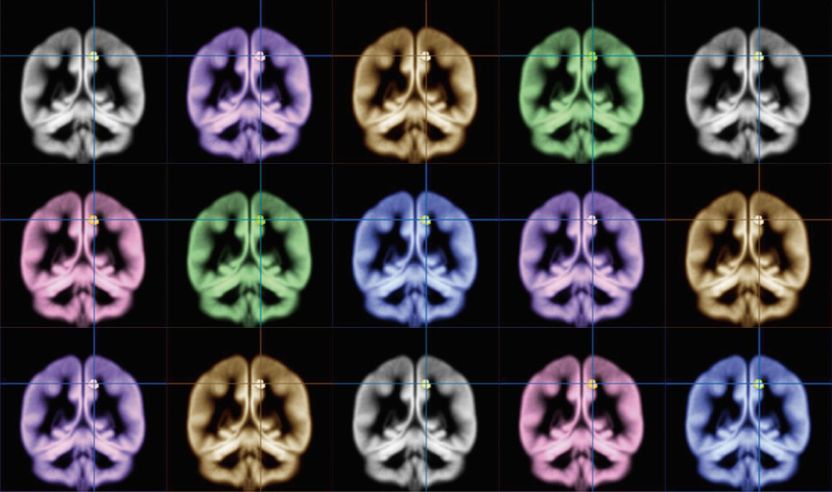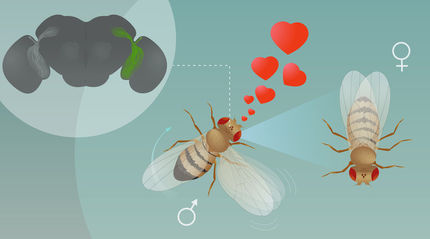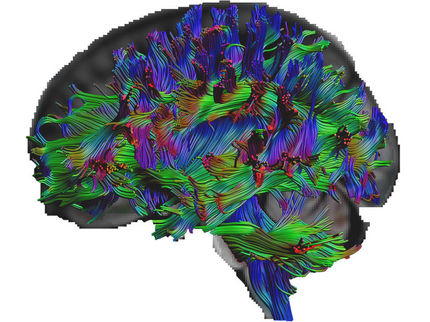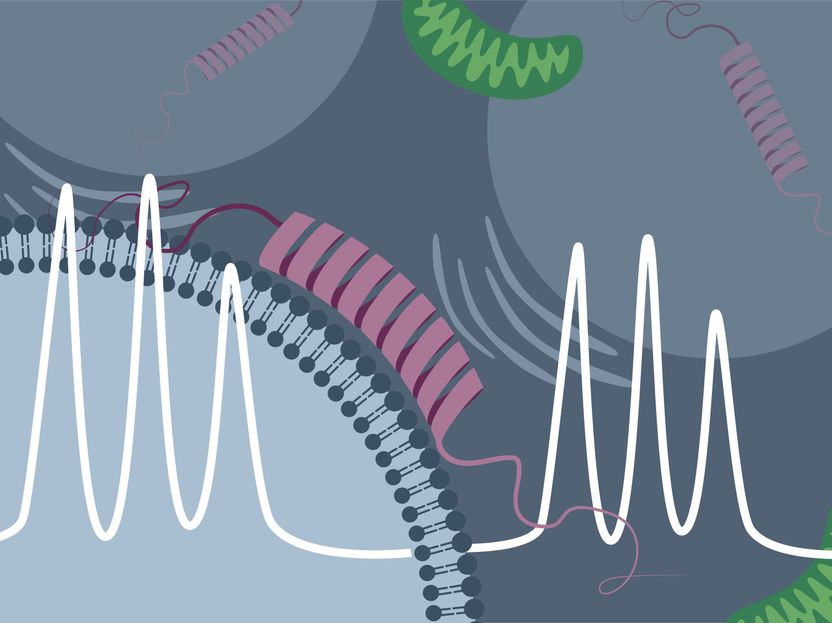The search for happiness
Using MRI to find where happiness happens
Exercising, meditating, scouring self-help books... we go out of our way to be happy, but do we really know what happiness is?

Kyoto University scientists have used MRI brain scans to find the location of happiness.
Kyoto University
Wataru Sato and his team at Kyoto University have found an answer from a neurological perspective. Overall happiness, according to their study, is a combination of happy emotions and satisfaction of life coming together in the precuneus, a region in the medial parietal lobe that becomes active when experiencing consciousness.
People feel emotions in different ways; for instance, some people feel happiness more intensely than others when they receive compliments. Psychologists have found that emotional factors like these and satisfaction of life together constitutes the subjective experience of being "happy". The neural mechanism behind how happiness emerges, however, remained unclear. Understanding that mechanism, according to Sato, will be a huge asset for quantifying levels of happiness objectively.
Sato and his team scanned the brains of research participants with MRI. The participants then took a survey that asked how happy they are generally, how intensely they feel emotions, and how satisfied they are with their lives.
Their analysis revealed that those who scored higher on the happiness surveys had more grey matter mass in the precuneus. In other words, people who feel happiness more intensely, feel sadness less intensely, and are more able to find meaning in life have a larger precuneus.
"Over history, many eminent scholars like Aristotle have contemplated what happiness is," lead author Wataru Sato said. "I'm very happy that we now know more about what it means to be happy."
So how does that help us? Sato is hopeful about the implications this has for happiness training.
"Several studies have shown that meditation increases grey matter mass in the precuneus. This new insight on where happiness happens in the brain will be useful for developing happiness programs based on scientific research," he said.
Original publication
Other news from the department science

Get the analytics and lab tech industry in your inbox
By submitting this form you agree that LUMITOS AG will send you the newsletter(s) selected above by email. Your data will not be passed on to third parties. Your data will be stored and processed in accordance with our data protection regulations. LUMITOS may contact you by email for the purpose of advertising or market and opinion surveys. You can revoke your consent at any time without giving reasons to LUMITOS AG, Ernst-Augustin-Str. 2, 12489 Berlin, Germany or by e-mail at revoke@lumitos.com with effect for the future. In addition, each email contains a link to unsubscribe from the corresponding newsletter.

























































